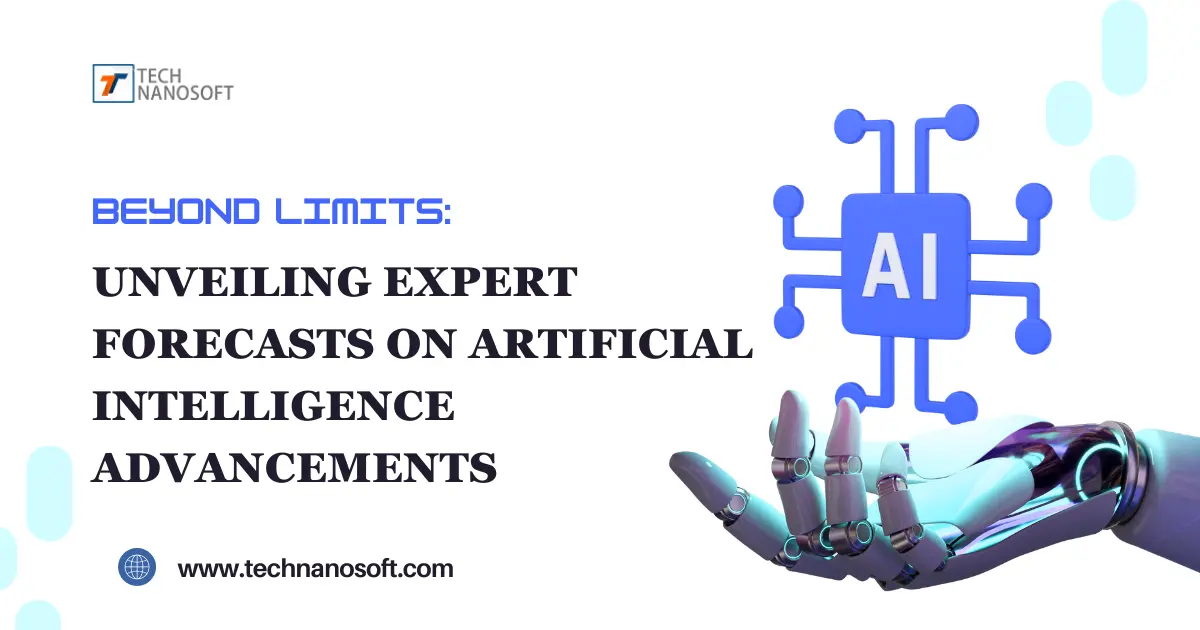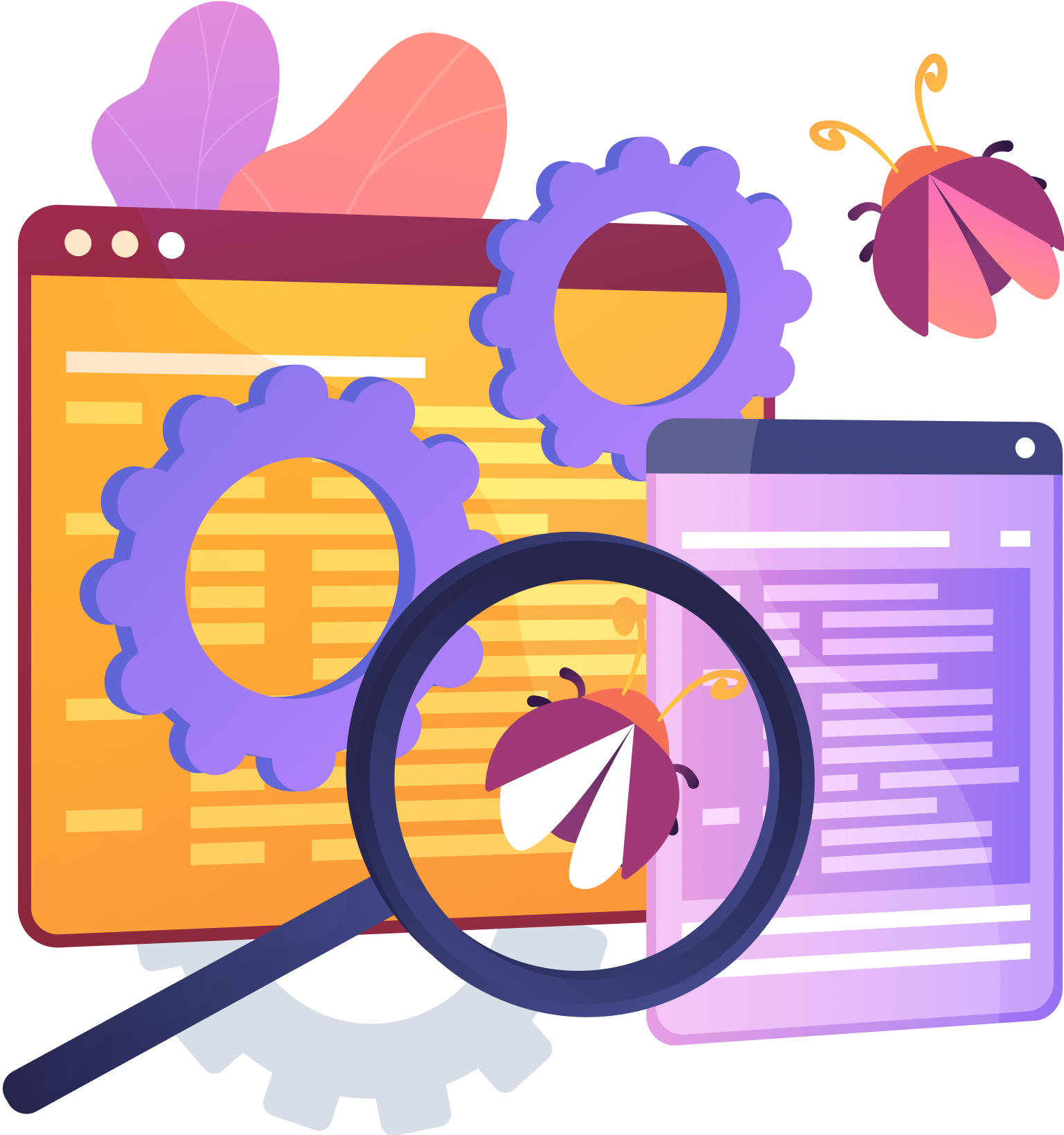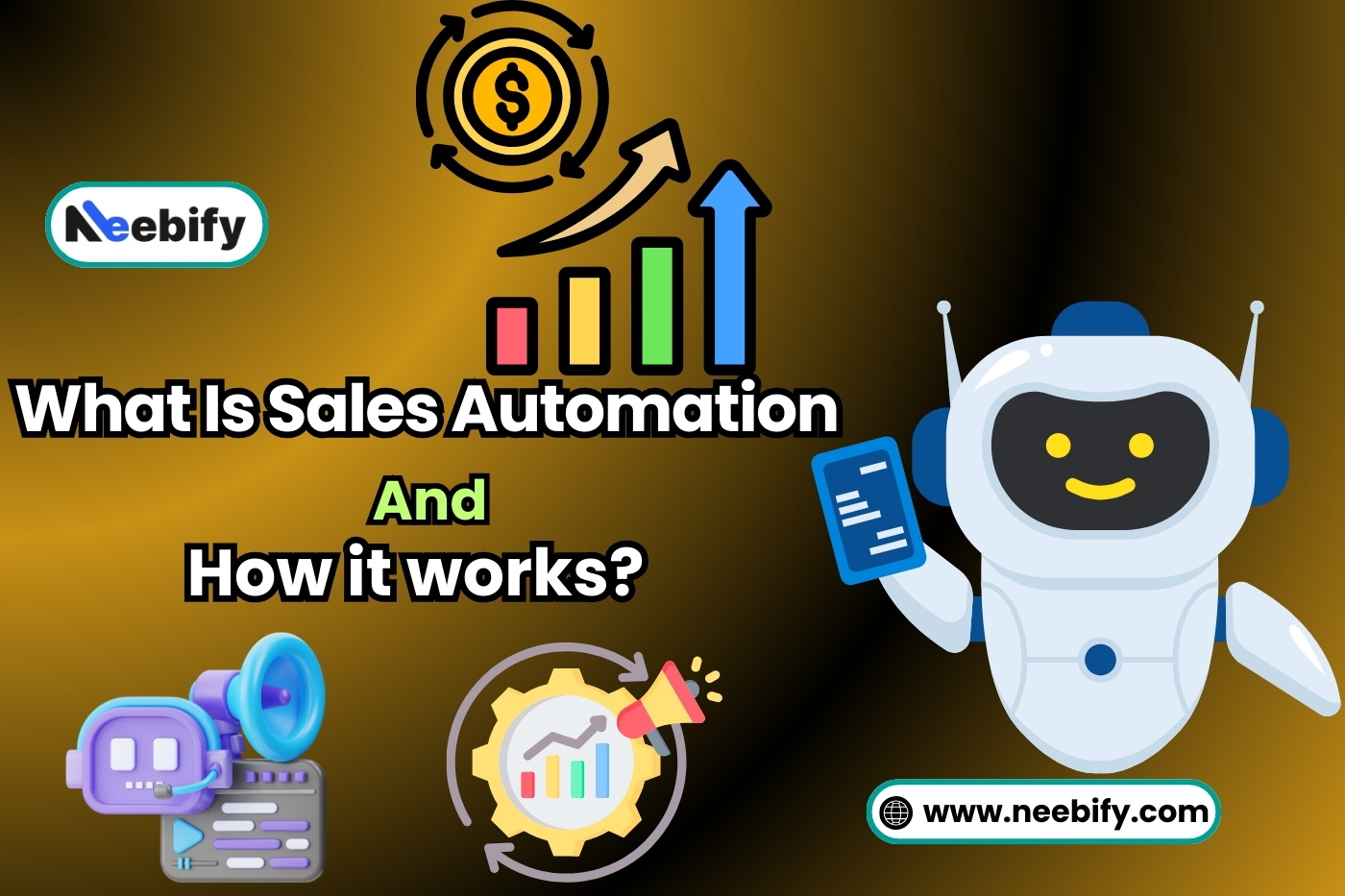Beyond Limits: Unveiling Expert Forecasts on Artificial Intelligence Advancements

What is Artificial Intelligence?
Artificial intelligence is the theory and development of computer systems. It can perform tasks that normally require human intelligence by designing algorithms and models that enable machines to learn from data and draw conclusions. Machine Learning is a subfield of AI that aims to reproduce or augment human intelligence and enable learning, interpreting, and acting on complex information and tasks. Through continuous learning and adaptation, it has the potential to revolutionize industries, improve efficiency, and solve complex challenges across domains.
Experts Forecast for Artificial Intelligence
In 2023, we learned that AI is starting to think like human partners with creativity, truth, mistakes, and lies. The technology known as a chatbot is just one of the most recent advances of it and has been the fastest-growing technological development in recent years. It revolutionized various industries, changing how to live and work. As AI continues to advance at an amazing rate, experts in the field have shared their predictions for the future and potential breakthroughs.
The latest future predictions of AI were from Ajeya Cotra (who works for the nonprofit organization Open Philanthropy) when an influential study asked when the world will see AI transformative. He estimated a 50% chance that a transformative AI system will become possible and affordable by 2050. He explores two more extreme tactics – the “most aggressive plausible” scenario and the “most conservative plausible” scenario – shown in the visualization.
What Is The Categorization of Intelligent Systems in AI?
1- Reactive machines are the simplest intelligent systems, responding directly to specific inputs without memory or prior experience. They analyze the current situation and give immediate answers based on predefined rules or algorithms.
2- Limited memory Systems can store and remember a limited amount of information from the past. They use this stored data to make decisions, improve their performance over time from historical data, and adapt their behavior accordingly.
3- Theory of mind systems possess higher levels of intelligence and can understand and ascribe mental states, beliefs, intentions, and emotions to themselves and others. These systems can perceive and understand the perspectives and emotions of humans or other intelligent beings.
4- Self-awareness AI represents the highest level of intelligence and awareness, and self-awareness. These systems deeply understand their existence, emotions, and consciousness, commonly seen in science fiction.
What are the Main 7 Areas of AI?
The following 7 stages of Artificial Intelligence represent different aspects of its:
> Machine Learning is a branch of AI that develops algorithms and models such as supervised, unsupervised, and reinforcement learning to improve performance without being explicitly programmed.
> Natural language processing is concerned with the interactions between computers and human language. It allows devices to understand, interpret, and produce human language meaningfully, including text classification, sentiment analysis, language translation, and chatbots.
> Computer Vision is the ability of a computer to interpret visual data from images or videos, which involves developing algorithms and models for analysis and extraction. The meaningful features from visual data enable tasks such as image recognition, object recognition, and face recognition.
> Expert Systems are AI developed to mimic human knowledge and reasoning, which present techniques and inference mechanisms to solve complex problems. It is particularly useful in medicine, finance, and at decision-making.
> Planning and scheduling involve developing algorithms and techniques that allow machines to create efficient plans or schedules to achieve specific goals. The aim is to determine the best sequence of actions or events to optimize resource use and achieve goals.
> Knowledge representation and Reasoning Methods Represent a Structured format that machines can understand and reason about. It involves the creation of ontologies, knowledge graphs, and logical frameworks for storing and processing knowledge. This area cannot contribute to building intelligent systems that can efficiently collect, store, and use data.
Future Predictions of Artificial Intelligence
Given experts make some key predictions, shedding light on the exciting expected AI to change the world in the next 10-20 years.
1. The Enhancing Power of Natural Language Processing
Experts predict that natural language processing (NLP) will significantly advance, allowing machines to understand better and communicate with humans. AI systems will increasingly be able to understand context, nuance, and emotion, leading to better chatbots, virtual assistants, and automated customer service solutions.
2. Autonomous Vehicles
The growth of the autonomous vehicle industry is remarkable. Machine learning models continuously learn from real-time data, enabling vehicles to make split-second decisions in complex traffic situations. It will make autonomous vehicles a mainstream mode of transportation like self-driving cars become mainstream.
3. Healthcare or Medical Revolution
Undoubtedly, AI affects the healthcare industry in many ways, such as Wearables tracking health indicators. Experts predict AI-based diagnostic tools that can analyze medical images, detect diseases and provide accurate forecasts. Its algorithms will help doctors make more informed decisions, improving patient outcomes.
4. Automation and Robotics
Experts expect that robots will reach the equivalent of human intelligence. Robots will work alongside humans, from manufacturing and logistics to healthcare and agriculture, increasing efficiency and productivity. These advanced perception, skill, and decision-making abilities allow them to adapt to dynamic environments and work seamlessly with humans.
5. Legal Ethical Considerations
Artificial intelligence become useful to society. Experts predict the introduction of stricter regulations and ethical frameworks to ensure responsible development. Collaboration between policymakers, technologists, and ethics will play a crucial role in shaping the future of AI.
Last Word
We are in a situation where most people think artificial intelligence can replace humans in the future. The few who pay attention find it plausible that one of the greatest changes in the history of humanity is likely to take place during our lifetime. Through responsible AI development, we can harness this transformative technology's power for humanity's benefit.









